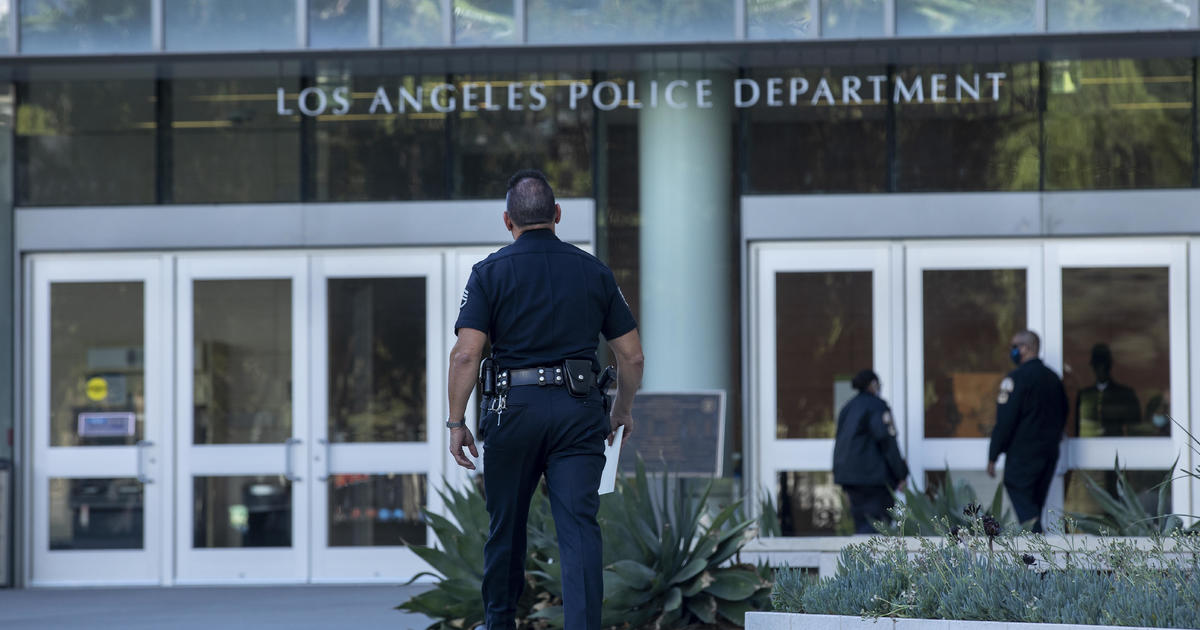Consent Decree Released By Chicago Police Department: 5 Fast Facts
CHICAGO (CBS) -- The Chicago Police Department is taking the next big step in efforts to overhaul its policies regarding training, use of force, discipline, oversight, and more. The city and Illinois Attorney General Lisa Madigan have released a proposed court order that would govern sweeping changes at the department, if approved by a federal judge.
Emanuel declared in June of 2017 he would implement police reforms, with or without a consent decree. Two months later, the mayor and Illinois Attorney General Lisa Madigan reached an agreement to move forward with a court-enforced consent decree to govern police reforms.
"It's going to require what the attorney general just said is a sustained effort with oversight to make sure we never veer off the road of reform," Emanuel said.
The 225-page consent decree negotiated with Madigan's office will first receive a public hearing in court before a judge decides if he will approve the plan.
Here are five fast facts we know about what is in the decree:
1. Chicago police officers would be required to provide "life-saving aid" whenever they use force against a suspect. The department has been criticized many times in the past when officers were seen standing around doing nothing to help a suspect who had been shot or tased by police.
2. Chicago police officers would be prohibited from using Tasers on a suspect only because the suspect is fleeing. Officers also would be discouraged from using Tasers in schools, or on students.
3. The Chicago Office of Police Accountability and the CPD Bureau of Internal Affairs would have 180 days to complete investigations. In the past, some investigations have dragged on for years before they were completed.
4. Investigations would be mandatory whenever an officer is accused of domestic violence, sexual misconduct, or sexual assault. Public reports would be required for each such investigation.
5. An independent monitor would be appointed to monitor the changes at the department and oversee progress on reforms until satisfied the city is in "full and effective compliance" with the consent decree.
One sticking point remains for the Emanuel administration and Madigan's office: whether or not police officers should be required to file a report every time they point their weapon at someone. Madigan said they are still negotiating that issue, but are prepared to litigate if needed, meaning that decision might ultimately be left up to the federal judge overseeing the case.







